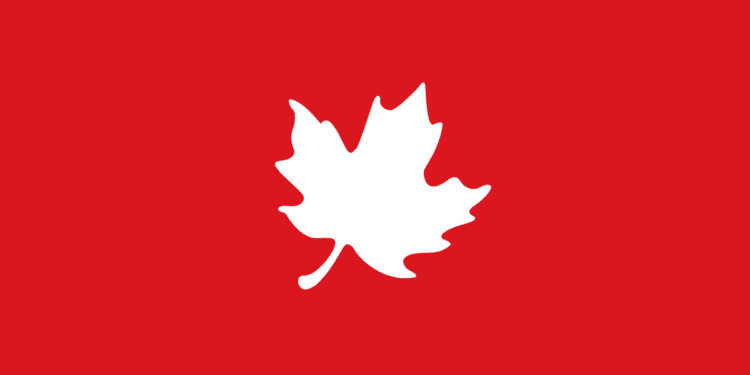El Salvador has sealed a new-style debt buyback deal where savings generated will be used to fund conservation of the country’s main river and its watershed.
The deal, worth over $1-billion, will raise money to fund conservation and water security in the Lempa River watershed.
It marks the first time a country has embedded watershed conservation and water security pledges into a debt buyback, officials say, and is part of efforts by the Central American country’s government to bring down its heavy external debt burden.
It is the largest funding commitment a country has made for conservation as part of a debt-for-nature swap, a press statement said.
Debt-for-nature deals are becoming increasingly popular for poorer nations to pay for conservation. Bonds or loans are bought and replaced with cheaper debt, with savings used for environmental protection. In El Salvador’s case the bonds have been replaced by a loan from JPMorgan.
Several countries, from Belize to the Seychelles, have completed debt-for-nature deals to fund conservation of oceans and marine life but this is the first recent transaction with a freshwater focus, DFC CEO Scott Nathan said in the statement.
JPMorgan arranged a $1-billion loan to El Salvador to enable the country to buy back $1.031-billion of its outstanding bonds at a discount to their issuance value.
This savings allowed El Salvador to realize more than $352-million, $350-million of which it will put toward the Rio Lempa Conservation and Restoration Programme.
The money will be used by water and environmental agencies to stop river pollution, protect biodiversity, address water scarcity risks and help promote regenerative agriculture in the Rio Lempa watershed.
“This debt conversion represents the most ambitious and impactful environmental action in El Salvador’s history,” President Nayib Bukele said in the release. “With this debt conversion, we aim to transform the environmental and economic future of El Salvador.”
A $1-billion political risk insurance offer from DFC, the U.S.’ development finance institution, and a $200-million standby letter of credit from CAF, the Development Bank of Latin America and the Caribbean, likely meant JPMorgan could offer the loan at a lower cost.
Debt-for-nature swaps are still relatively niche instruments but “can do miracles” for countries with the right debt dynamics, a good conservation project planned and backup from credit guarantee agencies, said Olga Fedosova, a partner at law firm White & Case that worked on the deal.
Source link : http://www.bing.com/news/apiclick.aspx?ref=FexRss&aid=&tid=67114fe37e4e40eeb13e2e0b407f2e66&url=https%3A%2F%2Fwww.theglobeandmail.com%2Fbusiness%2Finternational-business%2Farticle-el-salvador-closes-worlds-largest-debt-buyback-for-river-conservation%2F&c=17530780545542843348&mkt=en-us
Author :
Publish date : 2024-10-17 02:00:00
Copyright for syndicated content belongs to the linked Source.











